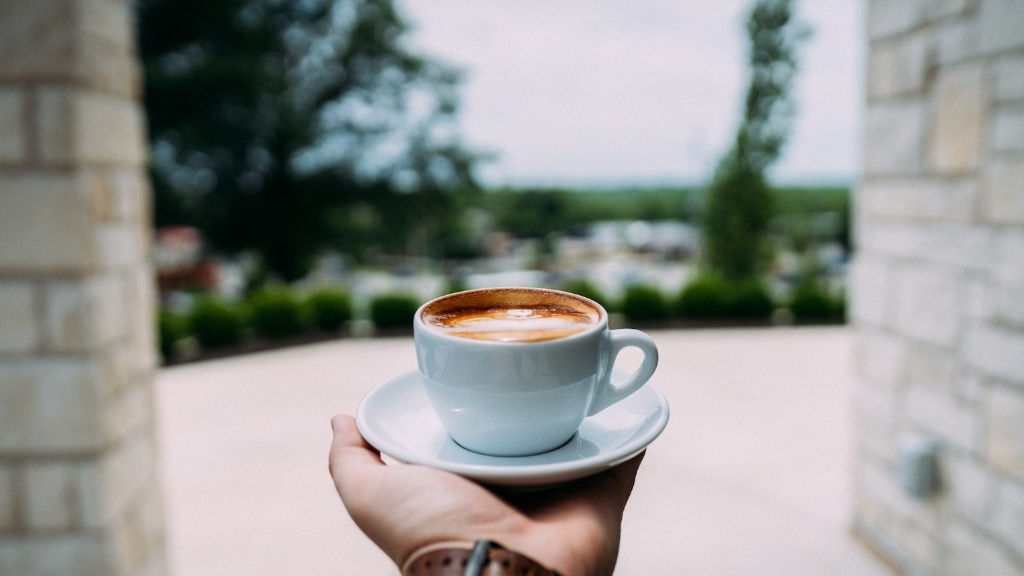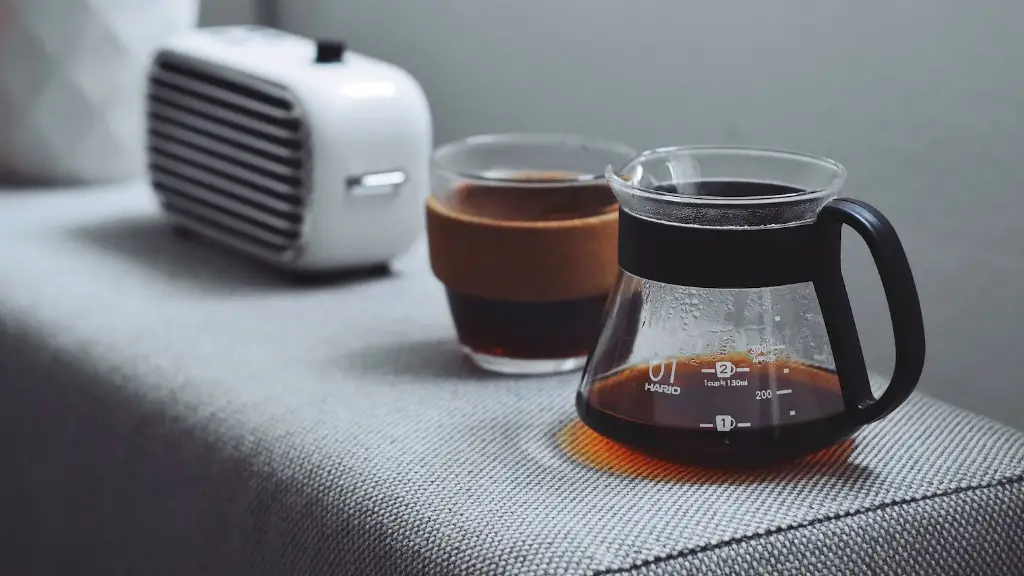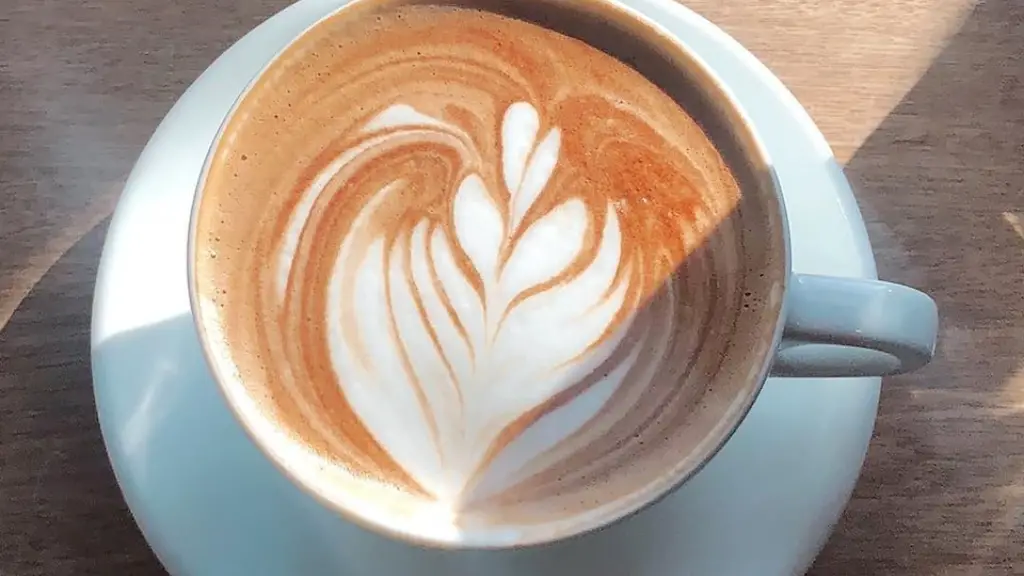There are many benefits to drinking decaf coffee, especially in the evening. It tastes just as good as regular coffee, but without the caffeine jitters. There are also studies that show drinking decaf coffee in the evening is beneficial for sleep quality. But is it ok to drink decaf coffee at night?
Caffeine can interfere with sleep; this is the basis for many people’s opinion that decaf coffee should only be drank during the day. But decaffeinated coffee still contains some caffeine; an 8 ounce cup of decaf can contain anywhere from 5-20 mg of caffeine.
Studies show that even this moderate amount of caffeine can interfere with new memories and sleep. In fact, one study demonstrated that people who consumed decaf coffee or tea four hours before bedtime had significantly more disruptions in sleep than those who abstained.
On the other hand, some experts argue that caffeine has not been proven to be the sole reason for sleep disturbances. There are various factors that can cause disruptions in sleep, like exposure to light and noise, stress, or physical activities. As such, they suggest moderate caffeine consumption should not be discouraged.
One thing to consider is the timing of your decaf coffee consumption. Too close to bedtime, and you may find yourself tossing and turning at night. One study found that people who consumed 200mg of caffeine up to six hours before bedtime had fewer disruptions in sleep.
Also, there are other factors in decaf coffee that can affect sleep. Caffeine is often removed from coffee using chemicals, and those chemicals can cause stomach upset and other digestive issues. Decaf coffee can also contain more acid than regular coffee, which could disrupt stomach acid levels and lead to acid reflux.
At the end of the day, the choice to drink decaf coffee at night is a personal decision. Everyone reacts differently to caffeine, and everyone has different sleep requirements. When it comes to whether or not decaf coffee is “ok” at night, weighing the pros and cons is the best way to decide.
The Health Benefits of Decaf Coffee
Though they generally have very little to no caffeine content, decaffeinated coffees often have other beneficial activities. Decaf coffees are found to be a source of dietary fiber, potassium, riboflavin, and magnesium, which help to support digestion, heart health, and overall wellbeing. Additionally, decaffeinated coffee drinks may contain polyphenols, which are natural antioxidants. Research indicates polyphenols are involved in cell building and repair, as well as immune defense.
In addition to its natural polyphenols, decaffeinated coffee drinks also contain some caffeine and other chemicals called trigonelline and chlorogenic acids. These chemicals have been associated with reducing oxidative stress and inflammation, which can enable more efficient energy use in cells and enhance general bodily functions.
The fact that decaffeinated coffee has similar benefits as regular coffee, and much more in terms of antioxidants and various vitamins and minerals, makes it even better when it comes to health benefits.
What to Look For In A Decaf Coffee
The first thing to consider when buying a decaf coffee is the method of decaffeination. There are three common methods used to remove caffeine from coffee beans: chemical-free steam, carbon dioxide, and natural water decaffeination. Each of these methods has its own pros and cons, so it’s best to do some research and find out which method works best for you.
The other thing to consider is the origin of the decaf coffee beans. Some companies specialize in decaf coffee from specific countries or regions, such as Colombia or Ethiopia. Knowing what kind of beans you’re getting can make a difference in the flavor and quality of your decaf coffee.
Lastly, make sure to check the list of ingredients on the label. Some decaffeinated coffees may contain preservatives, ingredients, and chemicals that can be harmful to your health. Make sure to read labels carefully, and make sure the only ingredient listed is decaffeinated coffee beans.
What About Espresso?
Most espresso drinks are made with a double shot of espresso, which is traditionally made with regular coffee beans. But there are some cafés and coffee chains that offer decaffeinated espresso drinks. When ordering a decaf espresso, it’s important to make sure the espresso beans were decaffeinated using one of the methods mentioned above.
The decaffeination process can affect the flavor of the espresso, so it’s best to do a taste test first. Try an espresso made from regular beans, then one from decaffeinated beans, and see which one you prefer. This can also be a good way to determine whether or not a decaf espresso drink is suited for evening consumption.
The Impact Of Decaf Coffee On Sleep
The research on the impact of decaf coffee on sleep is inconclusive. There have been studies that suggest a moderate amount of caffeine can interfere with sleep, while others have found no correlation between the two.
While some expert opinions suggest drinking decaf coffee in the evening can be detrimental to sleep, it’s important to consider a few things. For instance, the timing of your decaf coffee consumption is important. Drinking it too close to bedtime can make it more difficult to fall asleep. Additionally, some decaf coffees have higher acid levels, which can cause acid reflux and other digestive issues.
At the end of the day, the best way to determine whether or not decaf coffee is suitable for evening consumption is to experiment and find out what works best for you.
Other Benefits Of Decaf Coffee Consumption
Other than improving sleep, drinking decaf coffee can offer a variety of health benefits. Decaffeinated coffee drinks are often rich in dietary fiber, riboflavin, magnesium, and other essential vitamins and minerals. This can help to support digestion and heart health.
Decaffeinated coffee drinks can also contain beneficial antioxidants like polyphenols. Polyphenols may be involved in improving cell function and defense, as well as providing anti-inflammatory and detoxifying properties.
On top of that, decaffeinated coffee drinks are often regarded as having a better flavor than regular coffee. Without the bitter aftertaste caused by caffeine, decaf coffee can be smoother and have a more balanced flavor profile.
What To Consider When Choosing A Decaf Coffee
When shopping for a decaf coffee, it’s important to consider the origin of the beans, the method of decaffeination, and the list of ingredients on the label. Each of these factors can affect the flavor and quality of your decaf coffee. Knowing what kind of beans you’re getting can help ensure you get the best flavor and quality from your drink.
It’s also important to make sure the decaffeination process doesn’t introduce unwanted toxins or chemicals into the drink. Make sure to read the ingredient list to make sure there are no added preservatives or chemicals.
Finally, consider the timing of your decaffeinated coffee consumption. If you plan on consuming decaf coffee at night, make sure to limit it to six hours before bedtime. This can help reduce potential disruptions to your sleep.





